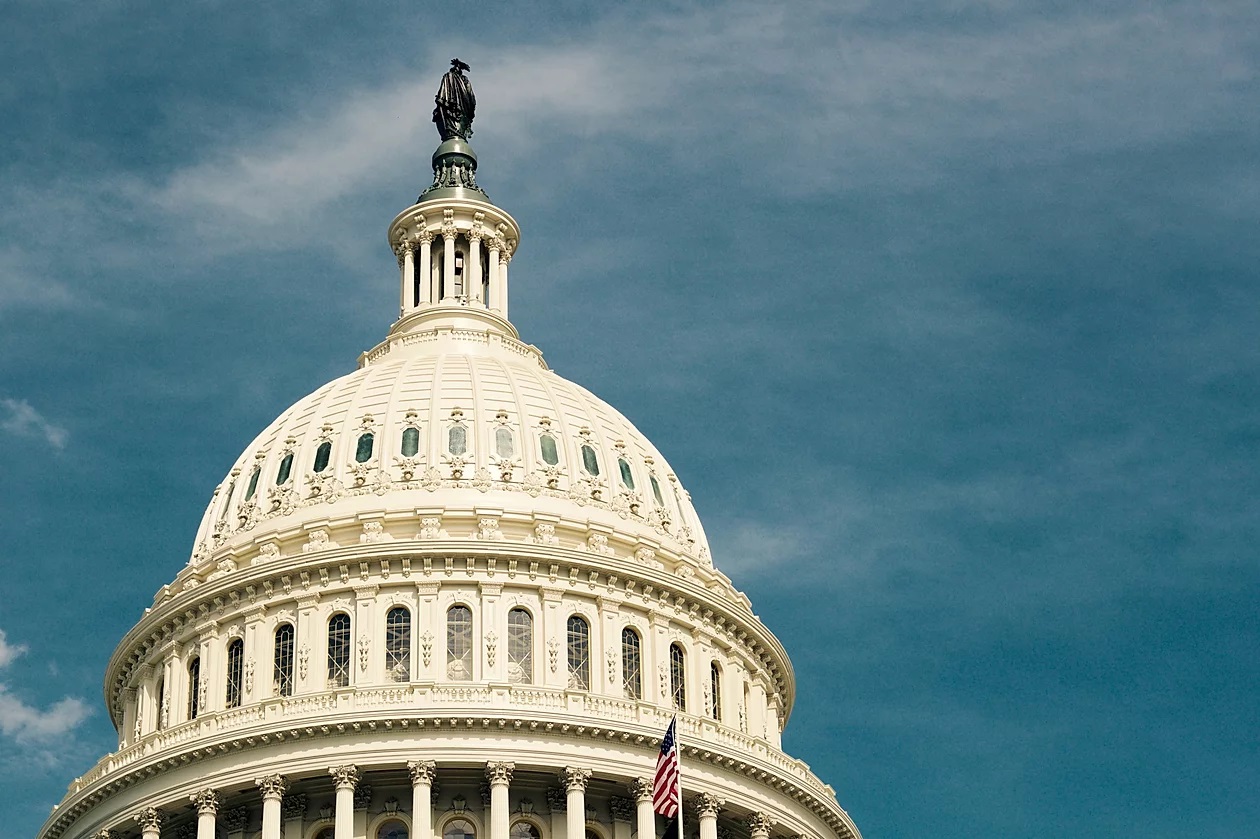It is finally time to examine the standout provision of the 500+ page tax reform bill. Congress comprehensively reformed the tax regime for pass-through business, and this has generated a great deal of analysis from financial professionals tasked with understanding an incredibly complicated set of regulations. Pass-through businesses are those in which the profits and tax burden “pass through” to the owner. It naturally follows that the businesses that fall under this tax system include sole proprietorships, partnerships, and S corporations with less than 100 shareholders. Under previous law, income from these businesses was taxed at individual tax rates—as high as 39.6% in the highest bracket. Compare this to the more familiar C corporations, which act as a single entity for tax purposes and are taxed at corporate tax rates.
In the tax bill, Congress created a 20% deduction for “qualified business income” (QBI) from qualified trades or businesses. This definition specifically excludes “specified service businesses” in the fields including but not limited to health, law, financial or brokerage services, and consulting. Congress also excluded businesses that deal primarily in investment management or securities dealing. There is an exception to this: to allow small businesses in these industries to access the tax deduction, Congress created an exemption for taxpayers with income under $157,500 (and twice that for joint filers).
The second major limitation on the deduction is the income it applies to. First, the taxpayer determines the QBI for every qualified trade or business owned: the 20% deduction is applied to that, as well as qualified real estate investment trust dividends, qualified cooperative dividends, and qualified publicly traded partnership income. Congress then capped the deduction at the greater of the following two calculations. It is either capped at 50% of the W-2 wages paid in the qualified trade or business, or the sum of 25% of W-2 wages paid plus 2.5% of the unadjusted basis of all qualified property. Just as with the specified service business provision, the W-2 wage limit does not apply to individual taxpayers with income under $157,500.
If this sounds overly complicated, worry not. Tax professionals are still working their way through the corners of this legislation, and there are still many questions to be answered. A simple number to end on is 29.6%. This is the new highest effective tax rate for pass-through businesses under the new law, assuming the taxpayer is earning in the highest bracket and receives the full 20% deduction.

